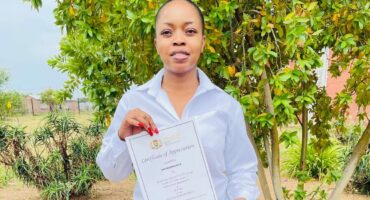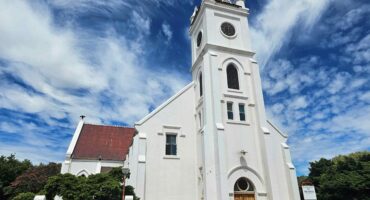Ngwathe among 67 municipalities that applied for de-registration of Eskom debt
By 31 July 2023, Ngwathe owed the power giant an astonishing R1 825 210 00,00.

A Total of 67 applications from municipalities have now been received to write off their Eskom debt. Of these, 28 applications have already been approved while the other applications are still being considered. The applications represent debt of R56,8 billion which is 97% of the total debt owed by municipalities to Eskom by March 2023.
This was announced in Minister Enoch Godongwana’s medium-term budget speech which is delived today, Wednesday 1 November.
The Ngwathe Local Municipality is among the municipalities that applied for the de-registration of the municipality’s Eskom debt. At the time of writing of this report the outcome of the application was not known as yet, but should it be approve,d Ngwathe will have to meet a comprehensive list of requirements for the duration of the debt relief process.
By 31 July 2023, Ngwathe owed the power giant an astonishing R1 825 210 00,00.
Some of the requirements set for municipalities whose applications have been approved, include that the municipality will be prohibited from taking out any loans in the three year period while the debt relief process applies.
The serious light in which the national treasury views the process is also evident from a further requirement that the municipality must undertake that, if it does not comply with the conditions, it will voluntarily apply to the Electricity Regulator (NERSA) to have its electricity supply licence cancelled.
Ngwathe Cllr Philip van der Merwe also warned that the requirements for the debt relief also involve the revision of the municipality’s register of indigents to ensure that only people who qualify for the concessions receive them. The municipality is obliged to provide such customers with 50 units of power and 5 kiloliters of water per month free of charge, but the municipality must ensure that these consumers pay for any consumptions that exceeds these limits.
The cost of the free services must be financed from the fair share (so-called equitable share) which the municipality receives quarterly from the national tax fund. He says, however, that it is essential that the contribution be processed according to reliable statistics to ensure that it is used correctly. Income generated from, and consequently also profits on, the two trading services, can only be correctly determined if the funds of the fair share are correctly allocated and used, he said.
It is the only way in which, for example, the income from electricity can be seperated from the rest and handled separately. The debt relief conditions require that income obtained from a specific commercial service, for example electricity, may only be used to combat costs associated with the service in question. The same applies to water and sewerage fees.
Cllr Van der Merwe explained that the scheme requires that municipal income in the sub-trading accounts must first be used to pay the bulk power and water bills before any other expenses can be paid from it.




